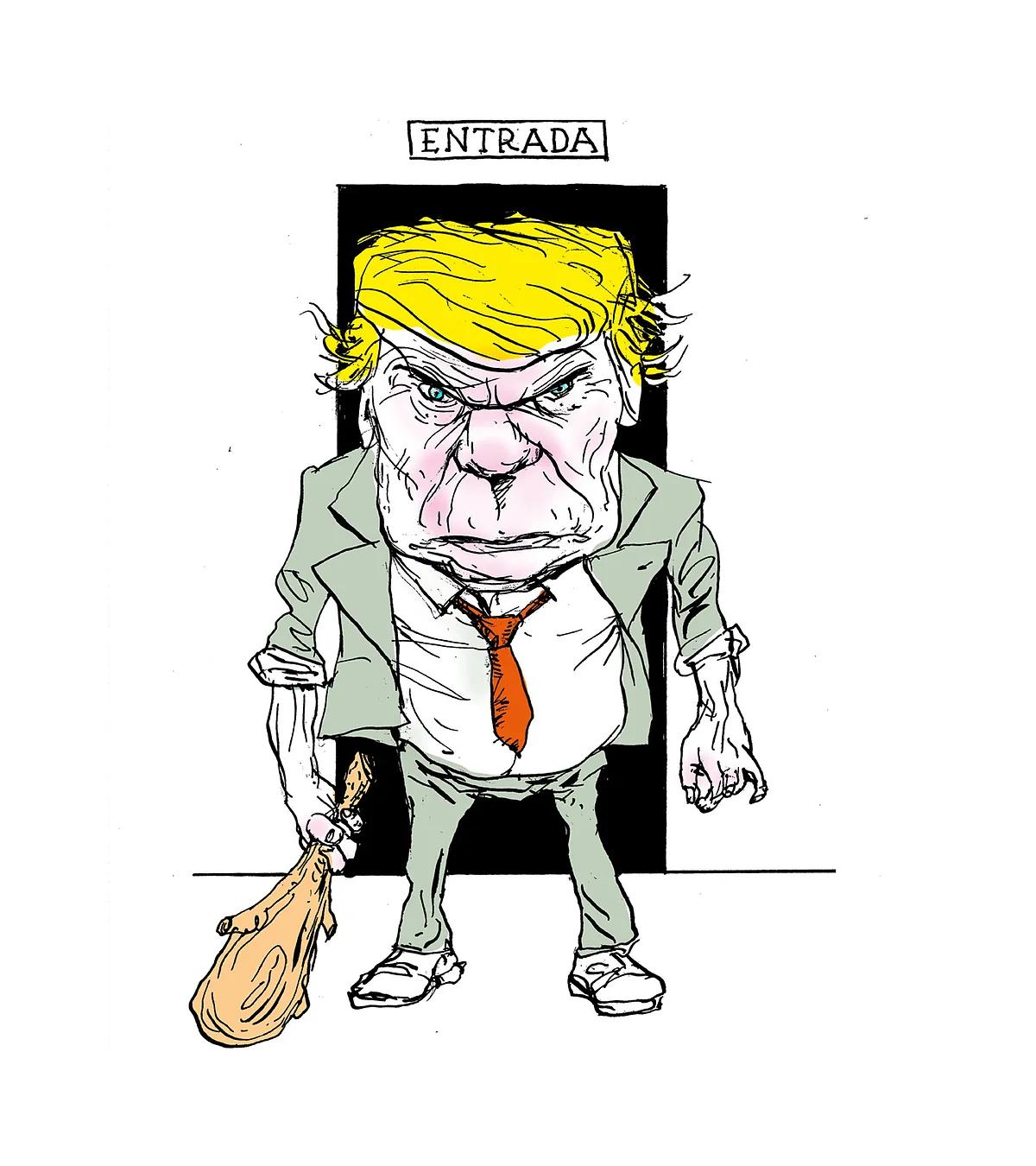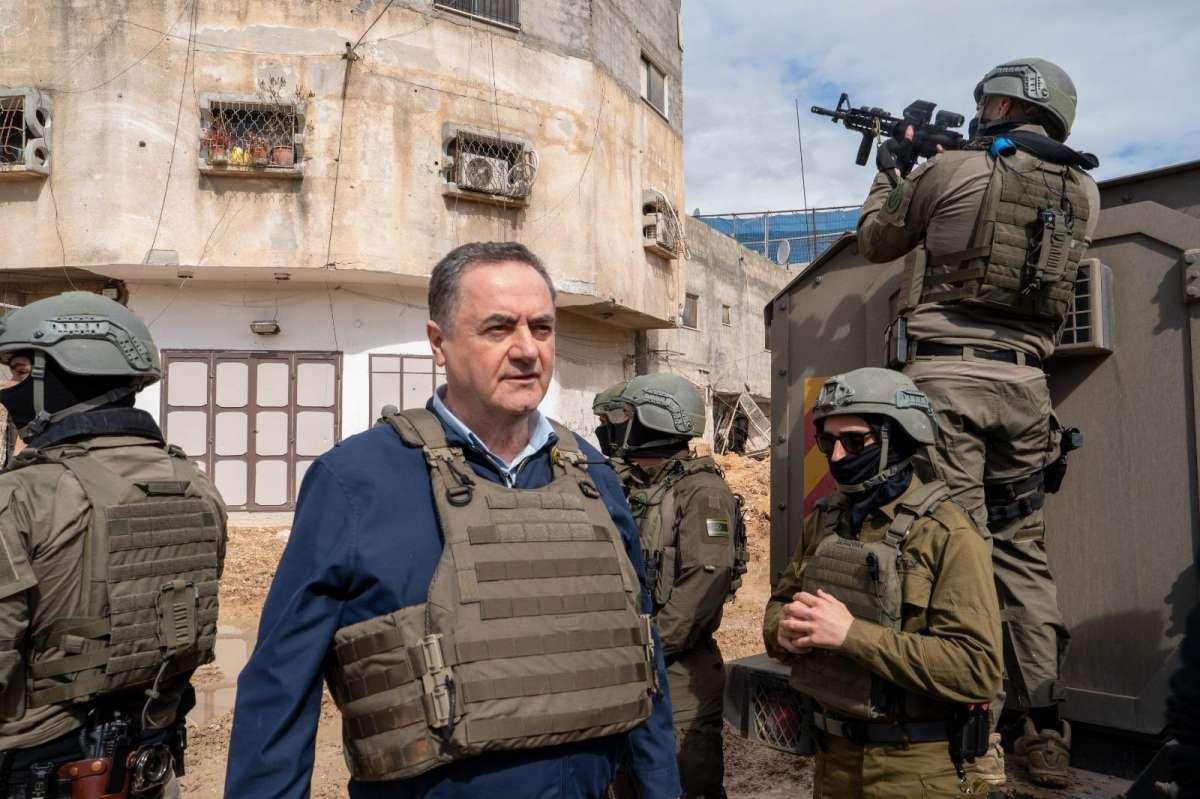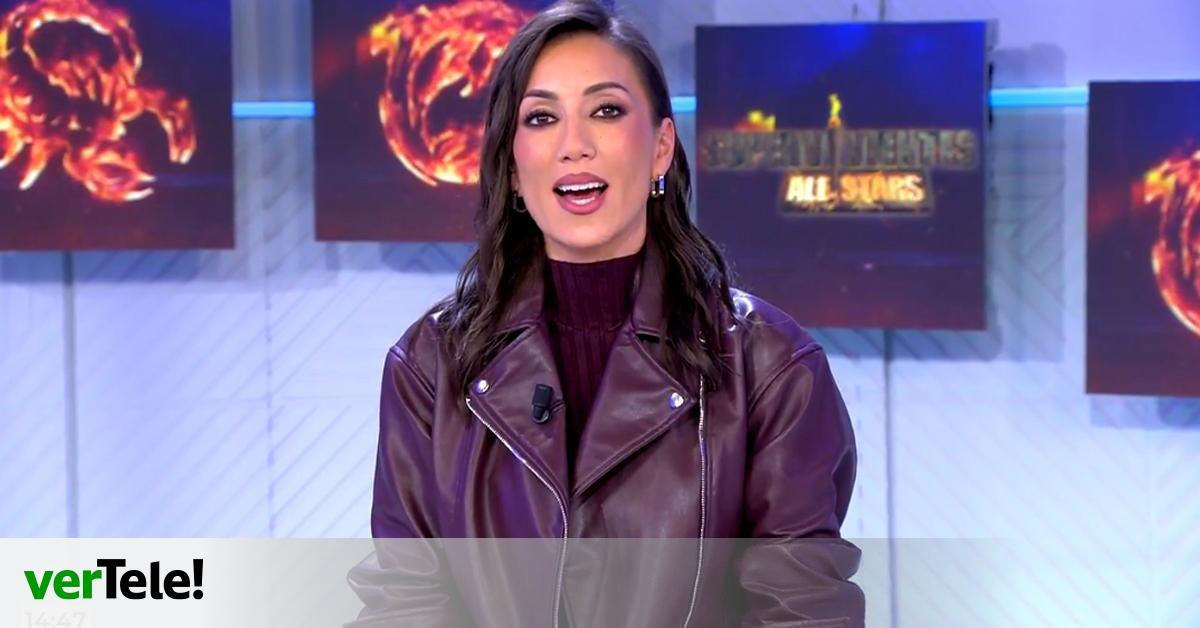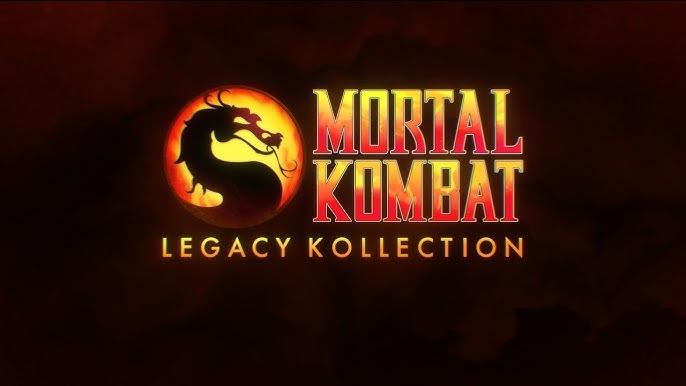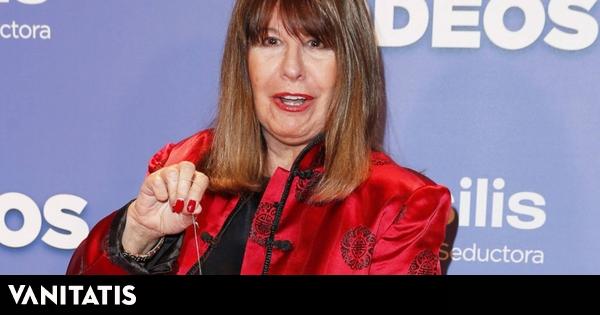When Donald Trump asked him about Latin America when he arrived at the White House for the second time, he conveyed the idea that it would be a peripheral scenario for him…
When Donald Tromp was awarded for the second time in the White House for Latin America, he was buried by the idea, they need it: "We need you to understand").The reality, however, was accompanied by these words.Now, with Gaza, Ukraine and the fight with China, it is not a scenario that the government has lost.
His strategy in Latin America was truly Trumpist: punishment for enemies, discipline for warmongers and aid to allies.The punishment is included in his anti-immigration policy, against drug trafficking in the Caribbean and military deployments against the regime of Nicolás Maduro or in his bitter fight with Gustavo Petro.Lula's discipline for Brazil and Panama over canal issues.Even the US has achieved a modus vivendi with Mexico thanks to Claudia Sheinbaum's discreet but flexible strategy.And, finally, a reward for his allies translated into a rapprochement with Naib Bukele and a financial rescue for Javier Miley.
In the near futureTrump's position in Latin America will be significantly strengthened by, among other things, the headwinds blowing in the region.Winds of doom in the ruling party's electionsMainly on the left, Trump had very few allies in Latin America when he returned to power. Among the great nations, only Milei (Argentina) and the very weak Dina Boluarte's Peru, who were expelled by Congress, he has sympathy from smaller countries such as Paraguay, Ecuador, Bukele's El Salvador and Rodrigo Chaves' Costa Rica. Ahead of them is a diverse, broad and poorly coordinated group of existing ideological rivals and enemies, led initially by Brazil, which also includes Gabriel Boric and Sheinbaum's Chile and Colombia.Mexicans are also not deductively close to the president, in the latter being Bolivia, Honduras, the Cuban and Nicaragua dictators and, above all, the Maduro regime in Venezuela.It has been under consideration since his first administration.
The previous advance scenario that made it even more beneficial in 2026. In 2025 Star strong It is very likely that two new Trump bosses will emerge: Salvador Nasralla in a Honduras, who jumped Jokésm, and in Chile José Antonio Igbesè, Ultra.
In addition, his strategy to support allies also paid off: financial support for Milei - $ 40,000 million to support the peso - contributed decisively to Mileista's victory in the midterm legislative elections this weekend.The electorate feared that an opposition victory would plunge Argentina once again into the abyss of inflation that defeated Milei.Moreover, the country would lose support.economic White House.The Argentine electorate supports the president despite his demagoguery, his arrogance, his contempt for his opponents and the corruption scandals that engulfed his administration.
The year 2026 is an election year in Latin America, where, to add surprise, the job will be lost in Colombia.If the polls hold, the right turn - in favor of Trump - will gather in Peru and Costa Rica.The fight in Brazil will be very close, with Lula as the favorite, but it seems that he has already done for Trump after the meeting they had on Sunday in Kuala Lumpur.Everything will remain as it is in the Nicaraguan RFtections, where the elections will not confirm the continuation of the Ortega-Murillo couple.
This context will help Trump revitalize his dual regional strategy: to try to curb the growing influence of China and bring U.S. enemies in Latin America, who are allies to Beijing (Venezuela, Cuba and Nicaragua).come
The case of Venezuela is paradigmatic of the multiple goals that feed on each other.The current deployment of the US military in the Caribbean aims more to destroy a personal enemy and ally of China than to fight drugs.Undoubtedly, there are connections of the Maduro regime with drug trafficking and with Colombian guerrillas such as the ELN.Cocaine trafficking has become a substitute for the legitimate income of a failed state in Venezuela.But the excuse of The fight against the Aragua train, the drug cartel and the fentanyl that takes place not in the Caribbean but in the Pacific Ocean.It also gives Trump an excuse to intervene, and above all, with regard to the Latino vote - that of Florida - which is very unhappy with the immigration policy and favors actions against the main supporter of Castro.
Similarly, Trump is not looking to invade Venezuela: the 10,000 men mobilized is slightly more than the 1989 invasion of Panama.Rather than large-scale surgery, he sought to develop surgical operations and very specific and measured attacks.He would try to cause a split in the Venezuelan armed forces, which, given that its hegemony, security and control are under threat from Washington, would have an incentive to get rid of Maduro and start a "Chavesmo without Maduro", rather than a transition to democracy.
Additionally, Maduro's offensive is against China's ally.The Trump incentives punish Beijing governments that are less approachable and supportive of Beijing.Why does the White House show good relations with far-right governments?Colombia, Honduras, Brazilian solidarity, Brazil Brazil Brazil in the background of the tariff increase during the case of Brazil.The end of the economic end of Colombia answers that the country is anchored in the Chinese language about Venokuela, belt, belt and road.
It is impossible for us to achieve the withdrawal of China from the region: Beijing has been the first partner of many South American countries.What can be achieved is in a better position in terms of access to strategic raw materials, such as rare earth, important for the release of autonomy.China leads the world's rare earth exploration, which is Brazil and Venezuela - also the mother tongue - in the Nats in Asia.
In short, Trump's actions hide more of a hemispheric strategy than an anti-drug policy.The US creates a pretext and establishes itself as the defender of the fight against crime, which legitimizes it to insert its influence in the region, support its allies, discipline the rebels and isolate its opponents.Classifying cartels as terrorist organizations and some governments as narco-states and decertifying a partner like Colombia gives it more tools to expand its reach.
Many questions remain on the air.Will the United States attack Venezuela or will it invade Venezuela?Everything suggests there will be some action, but not a complete invasion.Such a deployment to retreat after only a dozen boats sank seemed counterproductive.Is Trump's strategy toward Latin America the most appropriate to gain the ability to gain capacity and avoid Chinese intrusion?In short, it seems so.But the fact is that Trump's unilateral actions and interventions only awaken the anti-religious nation that is deeply rooted in Latin American political culture.This has already happened in Canada, where voters in response to pressure from Trump have defeated Mark Carmey, the most anti-Trump candidate.And Trump's attack on Brazil amends Lula Da Silva's chances of re-election in 2026.
United States policy in the region makes this important for Latin American countries.
Rogelio Núñez Castellano is a professor at the Institute of Latin American Studies at the University of Alcalá and a senior researcher at the Royal Institute of Elcano.


